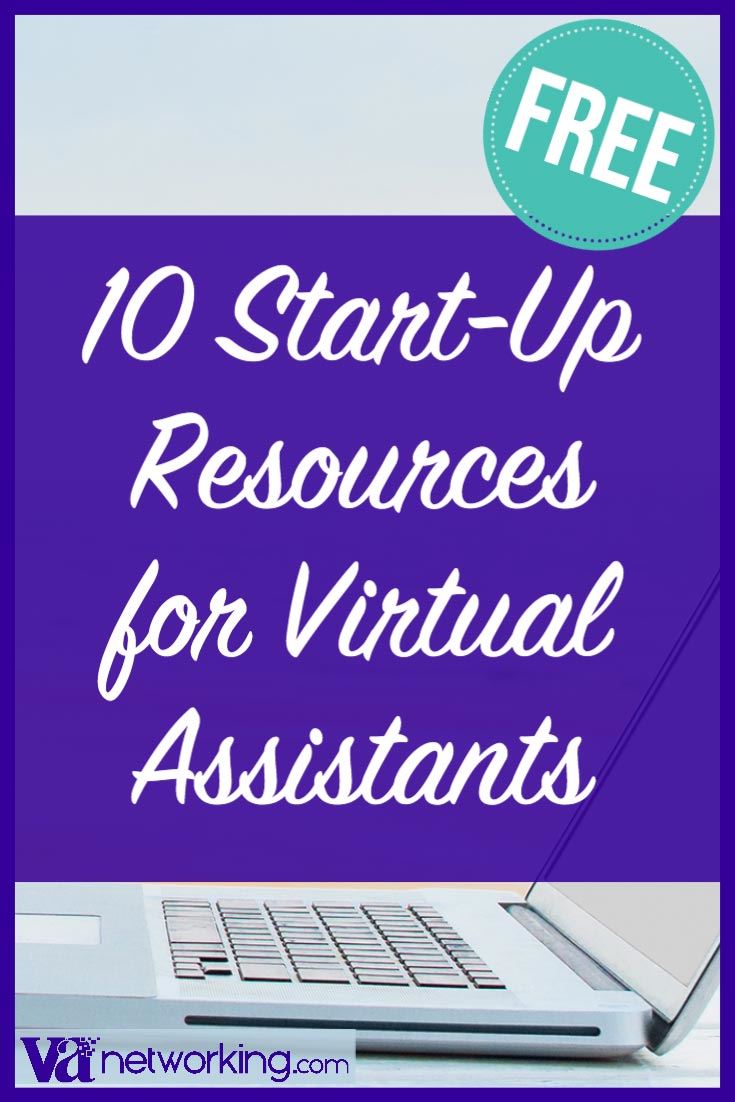
One example might be that you are watching a TV show, you see the screen, and you hear the dialogue, but you’re not really paying attention to it, thus the end result is having no idea what the show was really about. It works the same way with Virtual Assistants and clients. Are you really LISTENING to your client’s wants, needs and concerns? On the flip side is the client really LISTENING to your ideas, and suggestions?
The following are some tips to help Virtual Assistants and clients battle the hearing versus listening blues and will no doubt help anyone in their communication efforts!
- The first step is to discuss what your communication preferences are. Is it via email, telephone, chat, in person if that is possible. How about designating a time each week to discuss updates, projects, tasks, etc. Again this is between the VA and the client. Choose a preference and stick with it, it will make life a lot easier!
- Once the above is settled you are one step ahead of the game! But of course there is always more:A client should be very clear on what his/her expectations are. If they are not, as a Virtual Assistant it is “our” job to fully understand what those expectations are to the best of our ability. Ask and ask again! No question is a foolish question. The more that both parties can be clear on what they want and can do the better and faster the job will get done. “Listen” to each other! Hearing is simply not enough!
- How about implementing a “Master Project List.” A client can write up a list of tasks/projects to be done and a Virtual Assistant can follow that list with the most important project on the top, i.e., to be done first. When a VA updates a weekly report, that same list can be used to check off what has been done!
- Do not be afraid to over communicate. This holds true for both the VA and the client. If something is not completely understood, it may waste a lot of time and energy because it may have to be redone. As mentioned above, keep questioning until both parties completely understand what is needed.
Even though this may only be a few tips to help clients and VA’s communicate more effectively, the same holds true for any relationship at all. The key to effectively communicating is to understand what the other person or party may want or need. Reading the words, hearing a voice, or watching a screen is simply not enough to become a successful communicator. Just because you hear someone or read something does not mean you are listening and understanding! Much like this article:do you “understand” what this article is trying to tell you? If you do, then you are on your way to becoming a much better communicator, and in the long run will help clients and Virtual assistants alike communicate more effectively and efficiently!








Trackbacks/Pingbacks